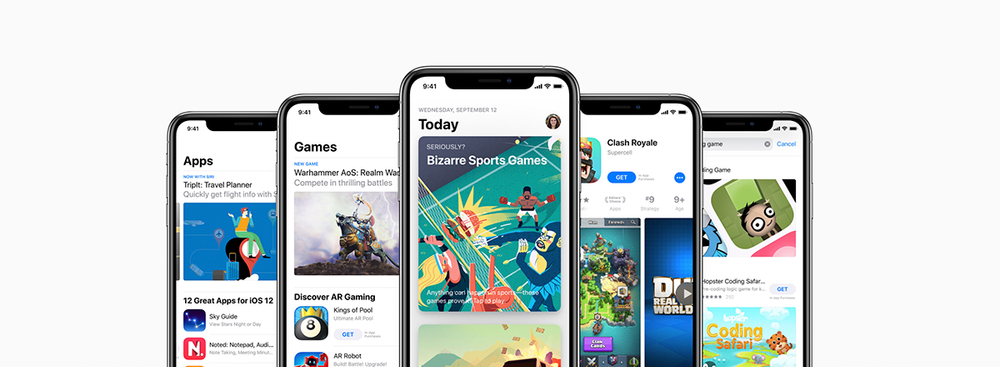Epic Games, Spotify, Basecamp, Match Group, Tile, Blix, and Deezer have teamed up to form the Coalition for App Fairness. The group is committed to "create a level playing field for app businesses and give people freedom of choice on their devices."
Most of these listed companies have currently fought against Apple over its App Store policy. Now, the Coalition for App Fairness will make a coordinated developer effort to protest Apple's rules. The goal is to provide a centralized organization to defend developers' interests, especially those that may not have the clout or resources to deal with Apple alone.
The Coalition for App Fairness lists three major contentious issues related to Apple's rules. First, members are unhappy that Apple is charging a 30% commission on all payments made through its store. Secondly, the lack of any other competitive options for distributing applications on iOS. Finally, the coalition members argue that Apple uses its control over iOS to favor its own services.
None of these charges are new. Spotify has previously officially filed an EU antitrust lawsuit against Apple. Also, this year, Basecamp came into conflict with Apple, stating that it refuses to approve future updates to Hey's email app unless it sells a subscription through the Apple store. Blix claimed that Apple stole its anonymous email authorization ideas and then removed the app from the App Store. Tile testified to Congress that Apple used its platform to undermine the usability of its iOS product.
The latest high-profile example of a standoff with Apple is Epic Games. The developer started a full-fledged war over Apple's 30 percent commission on the App Store. As a result, the Fortnite game was completely removed from the App Store, and now the companies will sort things out in court.
The Coalition for App Fairness has developed and proposes a code of conduct that invites Apple and other platform owners to adopt. It is proposed that developers are not forced to use an exclusive app store, so all developers have equal access to the same technical information as the platform owner, and that developers are not forced to pay unfair fees or revenue shares to list their products on App Store.















